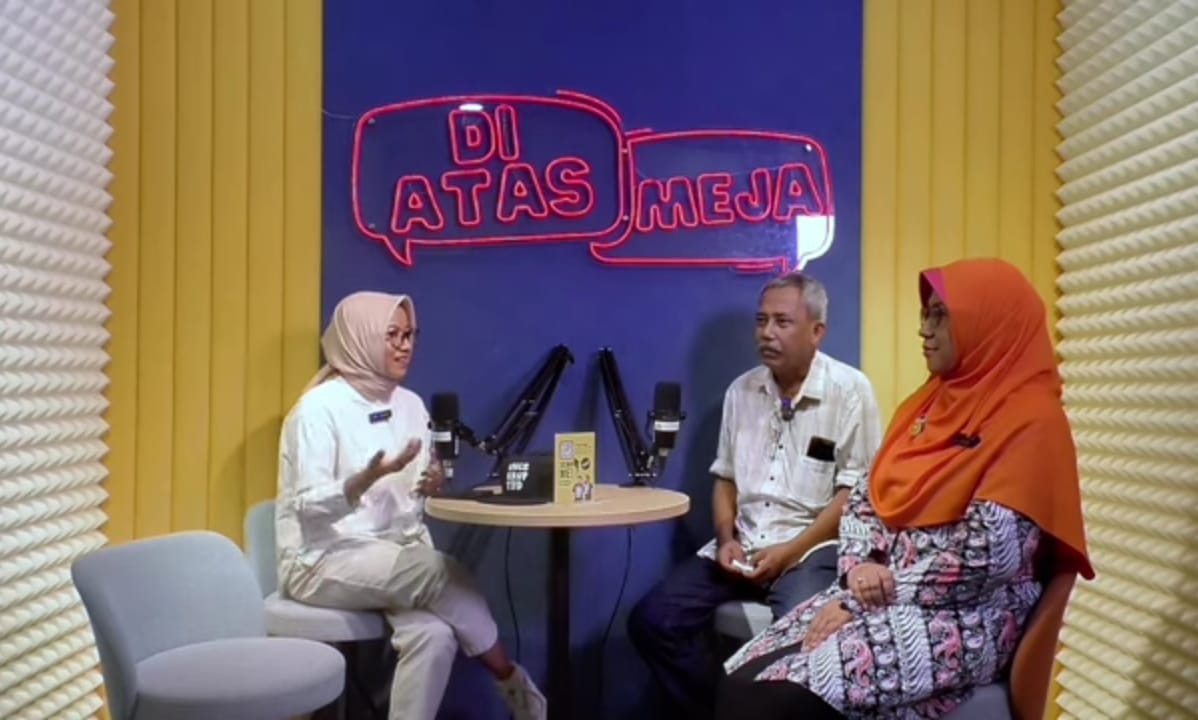A major event on the 2nd May is the National Education Day. The Day’s theme is Free Education, as explained in @SahabatICW you tube, where Almas Sjafrina from the Indonesia Corruption Watch (ICW) says that the Article 34 (2) of the Law on National Education System articulates the National, Provincial and District Governments to pay for free basic education.
The reality is that to date, basic education is not entirely free. Education activists in Education Monitoring Network and Parents of School Children are engaged in a judicial review at the Constitutional Court to demand the Court to interpret the article to ensure that basic education is free in the future.
The resource persons during the ICW discussion include Jumono from the Student Parents Alliance, and Ledia Hanifa Amaliah, a member of Parliament Commission X on Education. Another resource person is Ubaid Matraji from the Indonesian Education Monitoring Network.
Basic education is not entirely free. Regulation regarding recruitment of new students forces students who are not accepted in basic public schools (elementary and junior high schools) to enroll into private schools.
In 2020, there were 140,000 elementary school students enrolling into public junior high schools. As many as 48% of those students (or 48,000 students) were in private schools, and parents therefore had to pay for the entire time that they were in schools.
A coalition of education-aware parents and community take legal action at the Constitutional Court for definite interpretation of free basic education which is the responsibility of the government. The legal action aims to clarify the statement “It is obligatory for students to attend basic education free of charge” as articulated in Article 34 (2) of Law No. 20 Year 2003 on National Education System. The aim of the legal action is to get a clear interpretation of free basic education not only in public schools but also in private schools.
Many children are not accepted at public schools, and they go to private schools, which cost money. Over time, the costs are overwhelming because children families have limited income. Basic education should be free. This is what the Law on Child Protection articulates.
So what would be the reason(s) for Jumono et al and their lawyers to come to the Constitutional Court? They ask the Court to interpret Article 34. Jumono has conducted a free-basic-education campaign in communities.
The government says that 20% of the national education budget is not just for the ministry of education, but also for ministries that run educational institutions such as the finance ministry and the ministry for religious affairs.
Lidia suggests that private and public schools are on the same cluster when it comes to School Operational Funds – that is the cluster of high living expenditure – and yet the School Operational Funds are not sufficient for elementary and junior high school students. Hence, when the budget is available in a variety of ministries, including ministry with its Technical Schools, what is actually needed is the funds for basic schools. This should be the primary focus.
Data on education-sector corruption collected by ICW in 2023 documents 60 cases, and of which 30% was related to School Operational Funds. (Ast)












